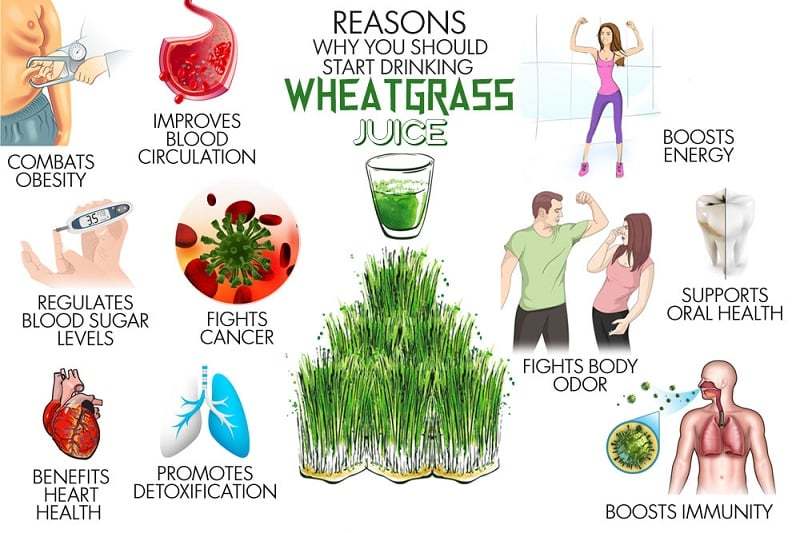Vitamin D - Maybe the sun isn't so scary after all
Posted by Living Traditionally Inc. on Sep 8th 2018
We all know that modern diet and lifestyle leads to vitamin (and other health) deficiencies. But do you know we are most deficient of? According to Vitamin D expert Michael Holick, “we estimate that vitamin D deficiency is the most common medical condition in the world. It is clear that most people are not getting enough healthy sun exposure.”
Vitamin D ensures healthy cell reproduction by having an important role in the communication between cells (intercellular communication). When cancer strikes, one of the first things to go, is the ability for healthy cells to communicate and reproduce. This in turn allows more aggressive, cancerous cells to take over.
However, vitamin D can actually penetrate cancerous cells and trigger apoptosis (cellular death). A researcher at the State University of New York (Albany) named JoEllen Welsh noted when she injected human breast cancer cells with vitamin D, half of them died within days.
Other studies have suggested that sufficient vitamin D levels can help prevent more than 16 different types of cancer including; pancreatic, lung, skin, ovarian and prostate cancer.
Vitamin D3 protects us from cancer in many different ways;
Take a shot of Wheat grass Daily
One 30ml shot of Wheatgrass contains the same amount of minerals and vitamins as 1 1/2 lbs of broccoli, making it a great way to ensure you receive more than enough Vitamin D. Wheatgrass is packed with upwards of 100 essentials nutrients (the equivalence of about 2 pounds of greens per one “shot”).
This fact alone is probably the main reason why the peoples of ancient Mesopotamians grew wheatgrass so abundantly even 5,000 years ago: Of the dozens of nutrients that are packed into one humble little wheatgrass blade, several have proven to be beneficially for breast health. These include selenium, vitamin D, Vitamins B6 and B12, magnesium, manganese, potassium and zinc. It is also a natural source of calcium.
Simply add a shot of Wheat grass Juice to your daily diet.

Other foods:
Very few foods naturally supply vitamin D. Grass Fed beef liver, cheese, egg yolks and fatty fish, which contain small amounts of D3, are the best dietary sources of D3.

